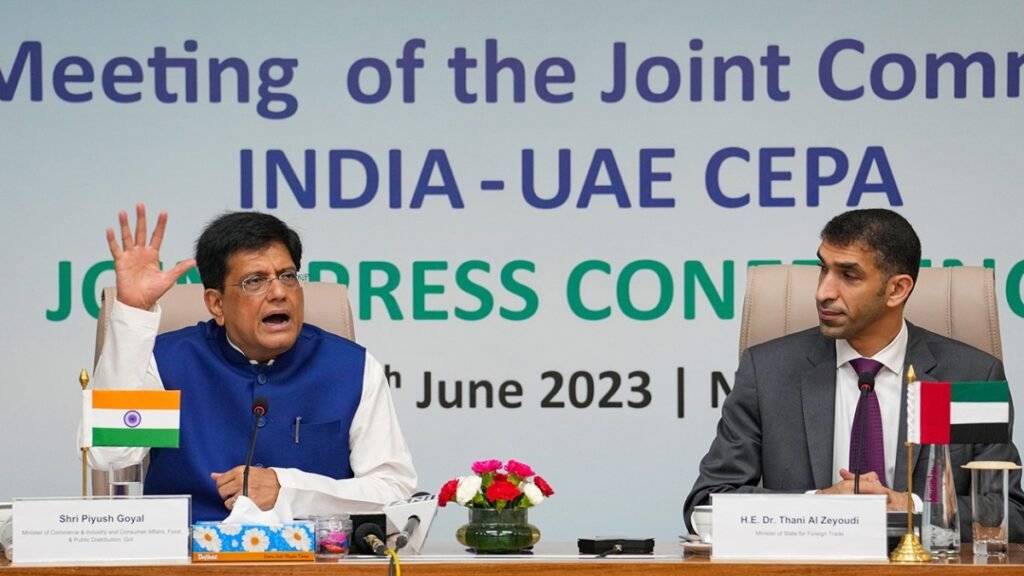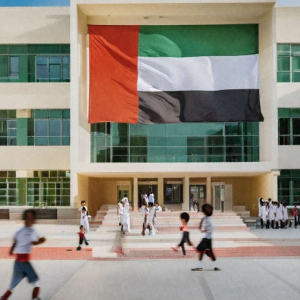A Sudden Break in Bilateral Relations
In a dramatic escalation of tensions, Sudan has officially announced the severing of diplomatic ties with the United Arab Emirates (UAE). The move comes amid a complex and increasingly violent internal conflict in Sudan, where the government has accused external actors, including the UAE, of interference. This break marks a critical turning point in Sudan’s foreign policy and threatens to reshape regional alliances across the Horn of Africa and the Arabian Peninsula.
Allegations at the Core of the Decision
The core issue fueling Sudan’s decision centers around allegations that the UAE has provided support to the Rapid Support Forces (RSF), a powerful paramilitary group that is currently locked in a violent struggle with the Sudanese Armed Forces (SAF). Sudanese military officials claim that the UAE has been supplying weapons, logistics, and funds to the RSF, deepening the conflict and undermining the nation’s sovereignty.
These claims, although denied by the UAE, have not gone unnoticed. Sudan’s leadership sees this alleged support as a serious breach of international norms and a direct assault on its internal affairs. The mounting suspicion and deteriorating trust ultimately led to the complete severing of diplomatic ties—a rare and bold move in modern regional diplomacy.

From Partnership to Polarization
Just a few years ago, Sudan and the UAE enjoyed relatively close ties. The UAE was a key investor in Sudanese infrastructure, agriculture, and port development. Following the ousting of former President Omar al-Bashir, the UAE pledged political and economic support to Sudan’s transitional government, playing a central role in regional diplomatic engagement.

However, Sudan’s internal instability, coupled with diverging geopolitical interests, has gradually eroded that partnership. As the Sudanese conflict intensified, so did the narratives about external involvement, and what was once cooperation has now evolved into confrontation.
A Widening Regional Divide
The consequences of this diplomatic rupture extend far beyond Sudan and the UAE. The Horn of Africa and the Gulf region are already arenas of intense geopolitical rivalry, and Sudan’s severing of ties adds another layer of complexity. Countries like Egypt, Turkey, and Qatar—each with their own stakes in Sudan’s future—may see this development as an opportunity or a challenge.
The Red Sea, a strategic maritime corridor, is at the heart of these tensions. Sudan’s ports and coastal access are of immense value, and external powers—including the UAE—have shown interest in gaining influence there. With this break, Sudan is signaling a desire to reassert control over its territory and foreign alliances.
UAE’s Strategic Calculations
The UAE has yet to issue a formal response, but analysts believe the Gulf nation is unlikely to make a public diplomatic retaliation. Known for its strategic pragmatism, the UAE might seek to defuse tensions quietly or reorient its regional partnerships to maintain influence in East Africa.
Nevertheless, this situation could tarnish the UAE’s broader reputation as a neutral broker in regional crises. While the country has worked to position itself as a global player in peacebuilding and innovation, allegations of interference in a civil war may impact its credibility on the international stage.
Impact on Humanitarian and Economic Cooperation
Sudan’s decision to cut ties could have immediate implications for aid, trade, and investment. The UAE has been a major source of humanitarian assistance to Sudan, particularly during periods of drought, political instability, and displacement. Severing diplomatic channels complicates the delivery of such aid, especially for UAE-based NGOs and relief organizations operating in Sudanese territory.
In economic terms, the loss of Emirati investment may worsen Sudan’s already fragile economy. From agricultural development projects to potential port infrastructure deals, the UAE had shown interest in supporting Sudan’s post-transition growth. With diplomatic ties severed, these opportunities may now dry up, deepening Sudan’s isolation and limiting access to international financial support.
A Blow to Mediation and Peace Efforts
One of the most immediate challenges posed by this diplomatic fallout is the stalling of mediation efforts. Sudan’s civil conflict has created one of the worst humanitarian crises in recent memory, with millions displaced and critical infrastructure destroyed. Regional and international organizations have been seeking pathways to negotiate peace between the RSF and the SAF.
The UAE, despite its alleged involvement, was considered one of the potential backchannel players that could use its influence to facilitate dialogue. That possibility now appears unlikely, and the window for diplomatic resolution has narrowed. The African Union, Arab League, and United Nations may need to assume a more prominent role to prevent further escalation.
Internal Political Signaling by Sudan
This decision also serves as a domestic political statement. By publicly cutting ties with a powerful regional actor, Sudan’s leadership is asserting its sovereignty and rallying nationalistic sentiment. The message to the Sudanese people is clear: external actors will not be allowed to dictate the country’s future.
In a time when national unity is fragile, and trust in leadership is low, such bold moves can consolidate support among factions loyal to the military. However, the long-term consequences—particularly in foreign policy and economic development—could be severe if the decision leads to further isolation.
Potential for Re-engagement in the Future
While this rupture appears decisive, history suggests that such diplomatic breaks are rarely permanent. If conflict de-escalation occurs in Sudan, and if new leadership or regional dynamics emerge, there may be room for re-engagement. Third-party mediators, such as Saudi Arabia, Egypt, or even the African Union, could facilitate the eventual normalization of ties if both sides see strategic value in it.
For now, however, the mood in Khartoum is one of defiance. The government appears unwilling to back down or reconsider its position until it perceives a change in the UAE’s regional behavior, particularly its alleged support for the RSF.
Global Reaction and Future Outlook
The international community has reacted with concern to the news of the diplomatic split. Governments and humanitarian agencies fear that worsening regional divisions will further endanger civilians and delay efforts to resolve the conflict. Global powers including the U.S., China, and Russia are closely watching the situation, aware that the realignment of alliances could have ripple effects on trade, energy routes, and peacekeeping.
Looking ahead, Sudan must now navigate a delicate path between asserting its sovereignty and maintaining access to international aid and investment. The UAE, on the other hand, must recalibrate its approach to East Africa, particularly if it wishes to remain a credible and constructive regional force.
Conclusion: A Pivotal Moment for Sudan and the Gulf Region
The cutting of diplomatic ties between Sudan and the UAE is more than a bilateral rupture—it is a reflection of broader shifts in regional power dynamics, civil conflict, and foreign influence. As Sudan grapples with internal war and humanitarian collapse, its bold move signals both desperation and determination.
Whether this decision ultimately brings about greater sovereignty or deeper isolation remains to be seen. What is certain is that this diplomatic earthquake will be felt far beyond Khartoum and Abu Dhabi, reshaping alliances and strategies across the Middle East and Africa for years to come.
Do follow Uae stories for more Updates












